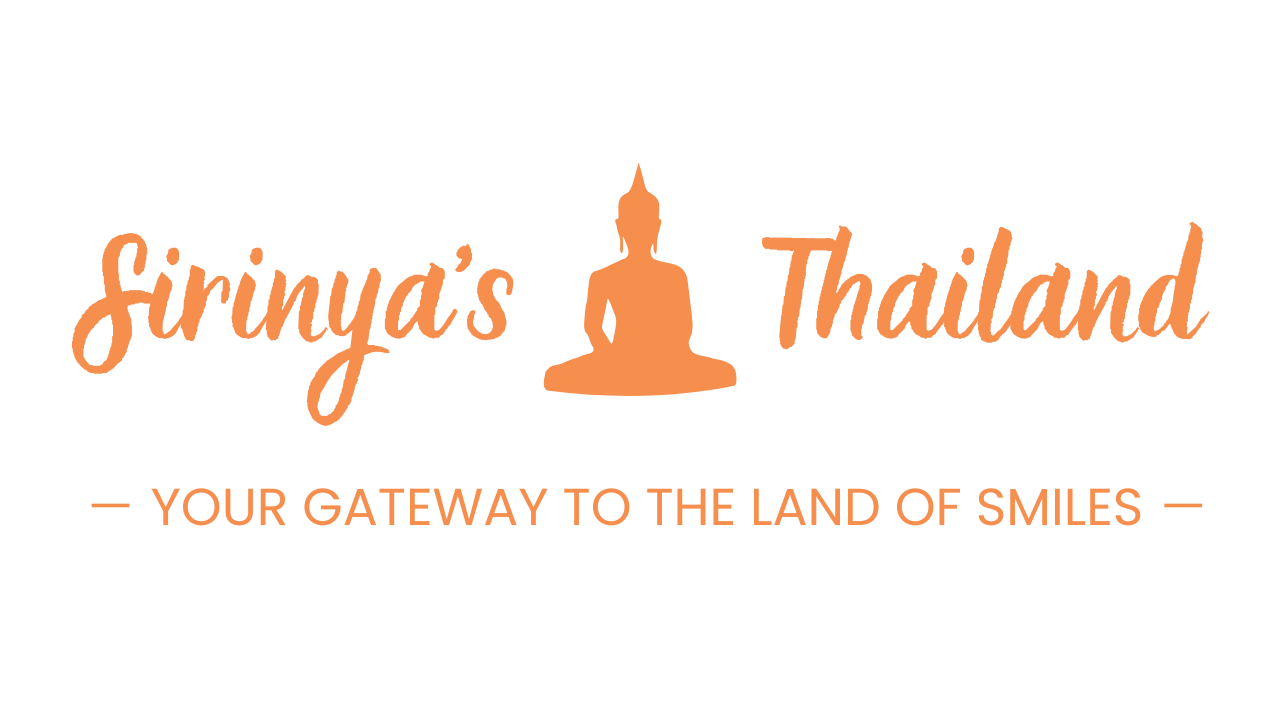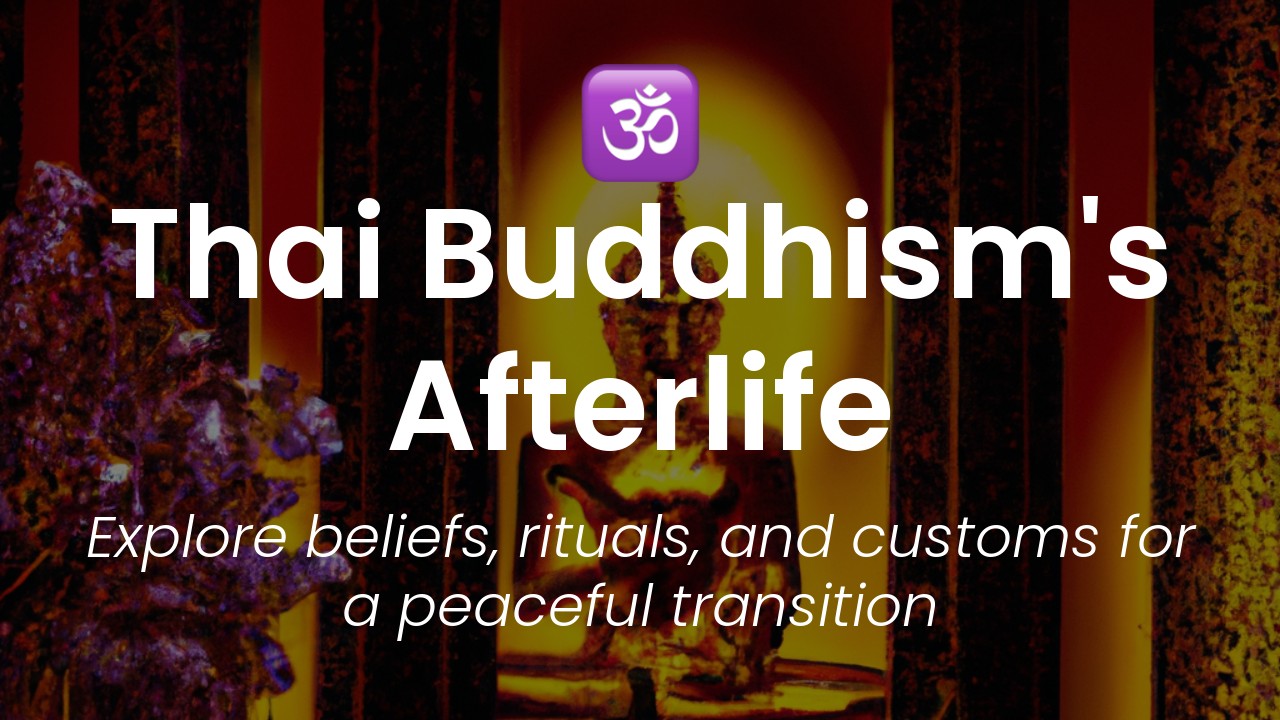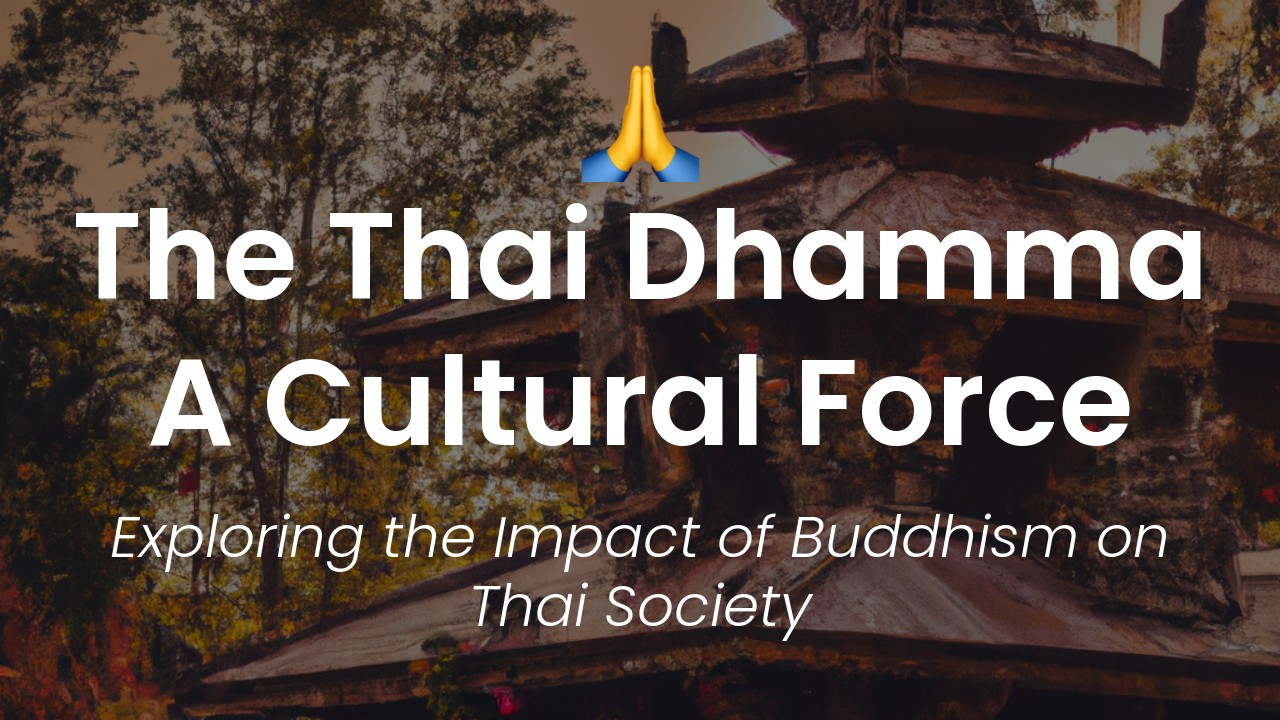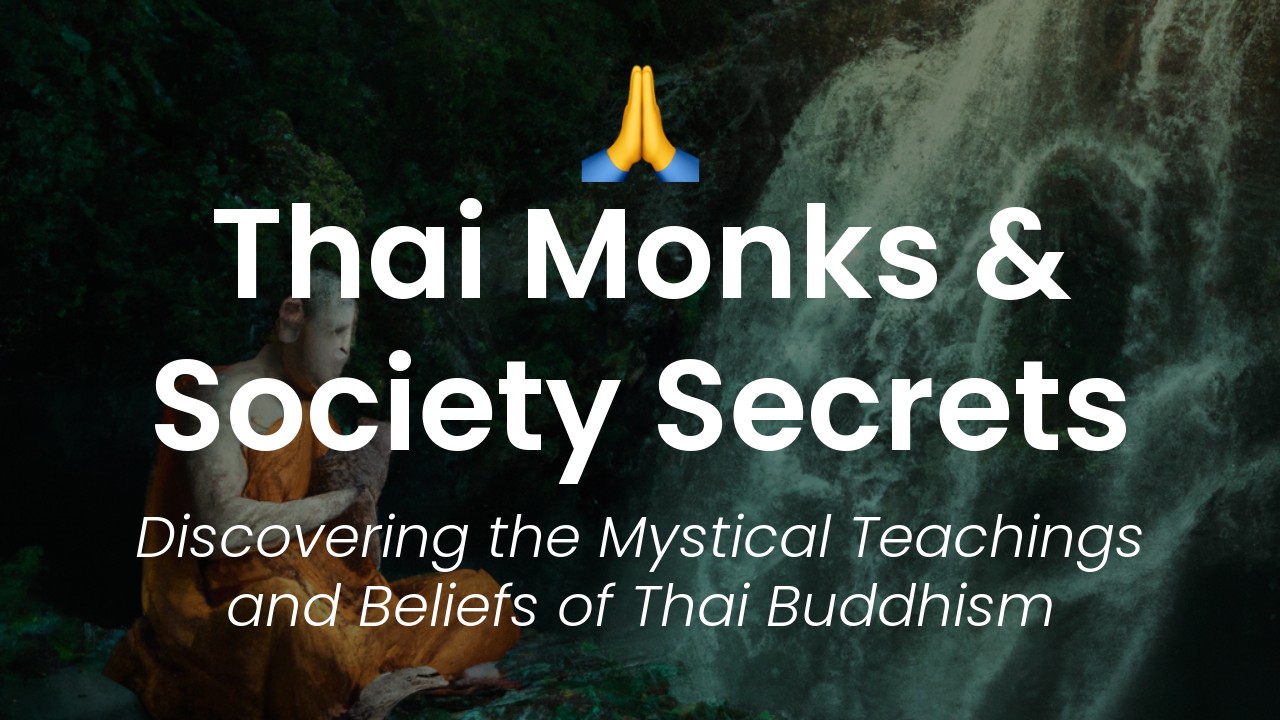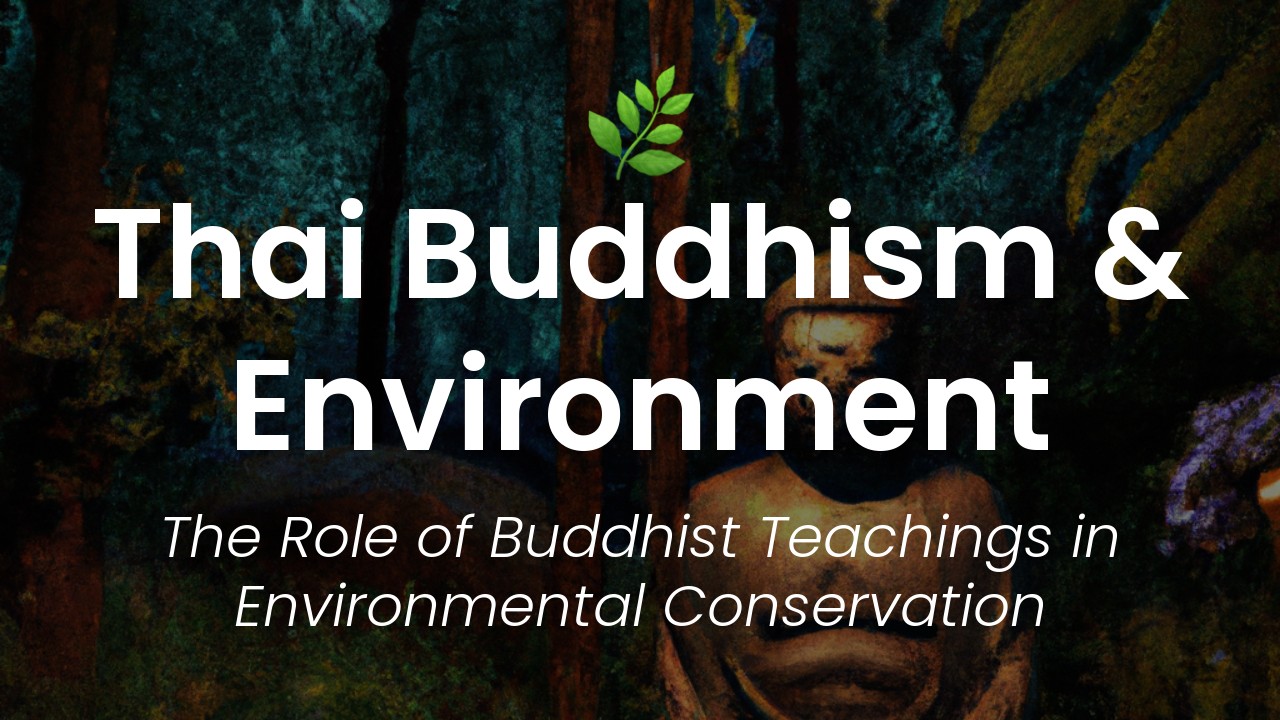Sawasdee ka, lovely readers! Today, I'd like to share with you a topic that has been at the core of Thai culture for centuries – Buddhism's Five Precepts. Thailand is known for its beautiful temples and statues of Buddha, and many of our traditions and practices are based on this peaceful religion. As a Thai woman and a blogger who aims to promote my home country, I feel it's my duty to unpack the secrets of Thai Buddhism's Five Precepts and invite you to understand our culture even better.
The Five Precepts are the moral code of conduct for Buddhists. They serve as a guide for people to live their lives morally and ethically, and many Thais adhere to them as a way of life. Sometimes, understanding or interpreting the precepts can be a bit tricky, and misinterpreting them can lead to misunderstandings. So, in this article, I hope to demystify the precepts and clarify any confusion about them.
In addition, I want to use storytelling to give you an insight into how we Thais practice these precepts in our daily lives. This will help you to understand our culture even more and perhaps give you a different perspective on some of the things you might have observed during your travels to Thailand. So, grab a cup of tea, sit back, and let's dive into the world of Thai Buddhism's Five Precepts.
First precept: refrain from killing
As a Thai, I grew up learning about the importance of the five precepts in Buddhism. One of the precepts that stand out to me is the first precept, which is to refrain from killing. This precept is not just about avoiding physical harm to other living beings, but also includes abstaining from any actions or thoughts that may result in harm.
Throughout my travels in Thailand, I have observed how deeply ingrained this precept is in Thai culture. For example, a common sight in many Thai cities is a monastery or temple where locals go to offer alms to monks. In many of these temples, there are also areas where people can donate money to support the creation of animal sanctuaries or to help rescue animals from being harmed or exploited. This practice demonstrates how important it is to respect and protect all living beings, not just human ones.
I have also witnessed how this precept is practiced in everyday life. For example, when ordering food at a local restaurant, there is typically a range of vegetarian and vegan options available. Additionally, many Thai people dress in non-leather shoes and avoid wearing clothes made from animal products.
Second precept: refrain from stealing
The second precept is to refrain from stealing. This precept is important since it teaches us to respect the property of others and to be content with what we have. In Thailand, this precept is emphasized through daily practices like returning borrowed items promptly and paying for what we consume. It is also instilled in early childhood through moral stories that teach the value of honesty and integrity.
Third precept: refrain from sexual misconduct
The third precept is to refrain from sexual misconduct or sexual misconduct with others. This precept is not meant to suppress or avoid sexual desires, but instead to promote ethical conduct and respect towards others. In Thailand, this precept is emphasized through the cultivation of monogamous relationships, and through the practice of abstaining from sexual activity during certain holy days or festivals.
Fourth precept: refrain from false speech
The fourth precept is to refrain from false speech or lying. This precept teaches us to be truthful and honest in our interactions with others. In Thailand, this precept is emphasized through cultivating a culture of honesty, giving importance to truthfulness in business and family relationships.
Fifth precept: refrain from intoxicants
The fifth precept is to refrain from intoxicants, including drugs and alcohol. This precept is essential since it promotes a clear mind and stable judgment. In Thailand, this precept is emphasized through the practice of mindfulness meditation and through abstaining from alcohol during certain traditional festivals.
Importance of the precepts
The five precepts of Buddhism offer a valuable lesson for all of humanity. These precepts can help us cultivate a happier, healthier, and more harmonious life by promoting ethical conduct and compassion towards others. The precepts serve as a guiding principle that inspires us to live with purpose and intention; to become mindful of our actions and thoughts; to become better versions of ourselves every day.
In conclusion, the five precepts of Buddhism offer a profound wisdom that can help us create a better world. As someone who deeply values my culture and upbringing, I encourage others to explore the richness of the Buddhist tradition and to discover the secrets that can help us unlock a better, brighter future for all of humanity.
